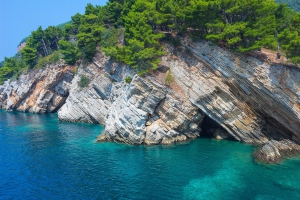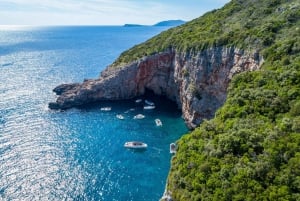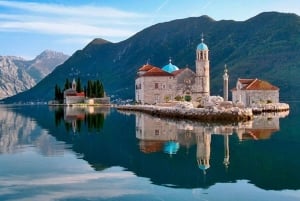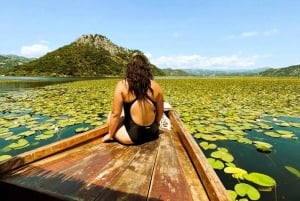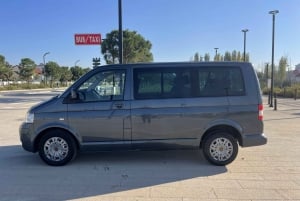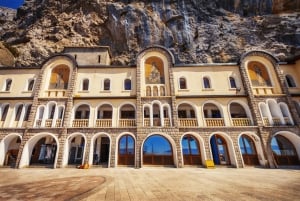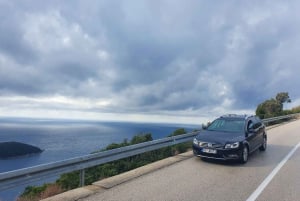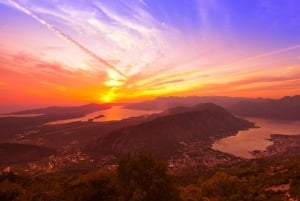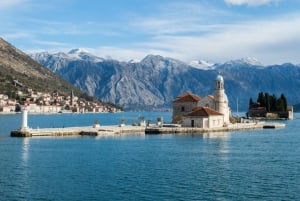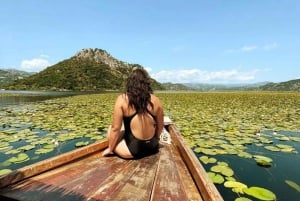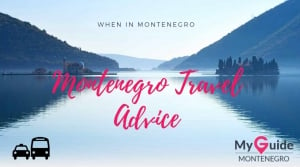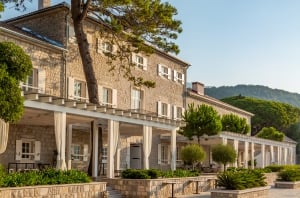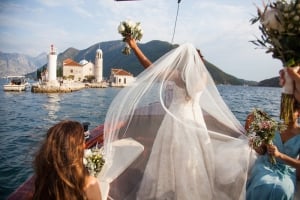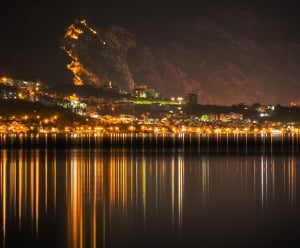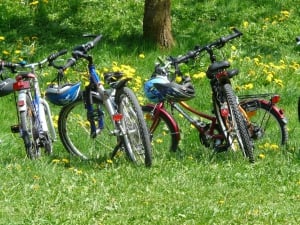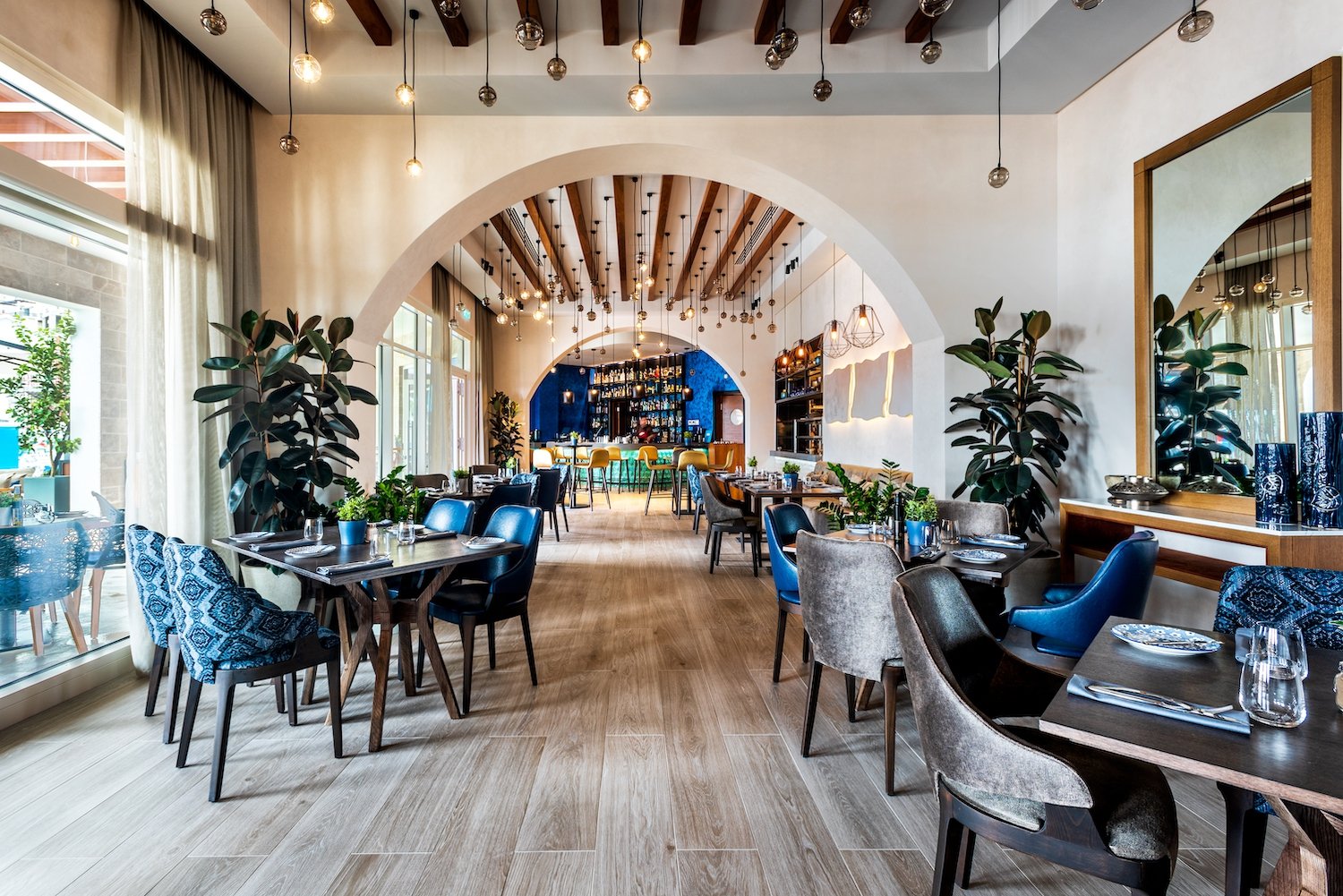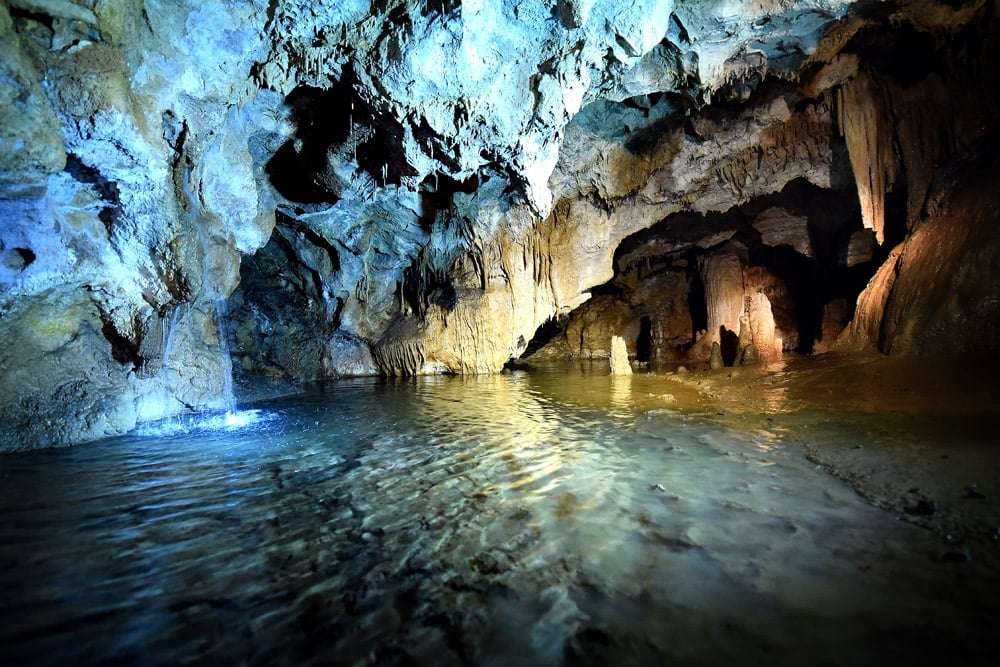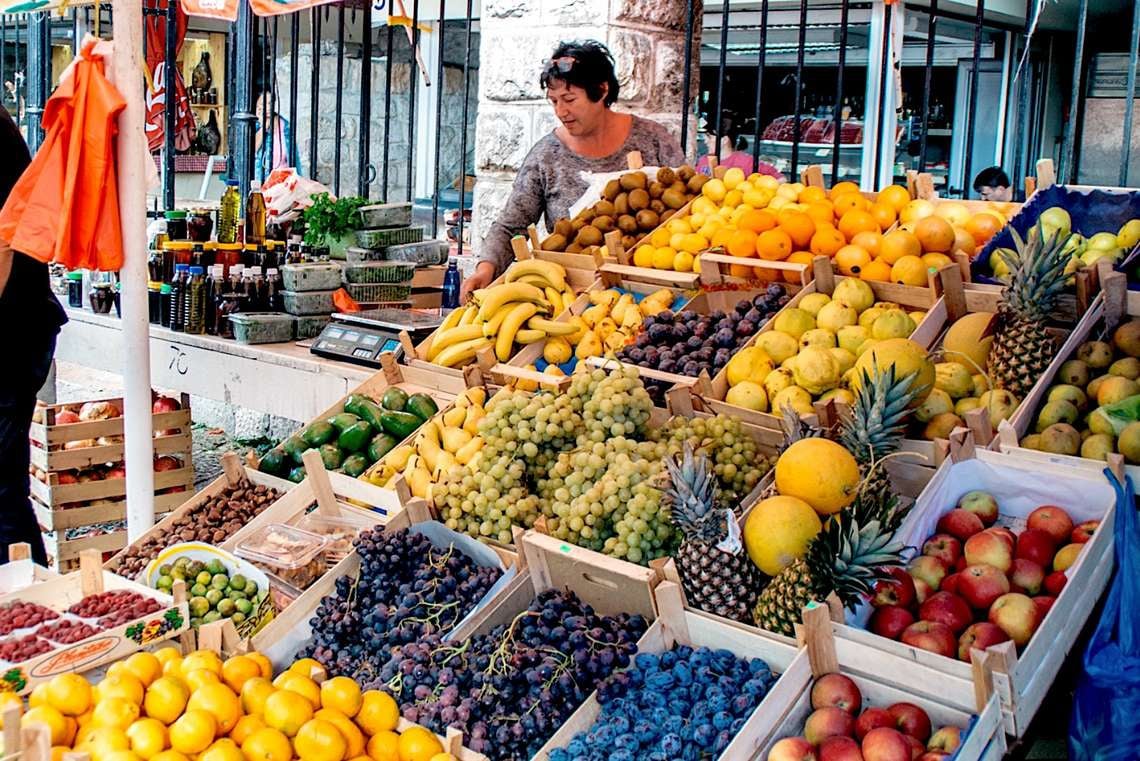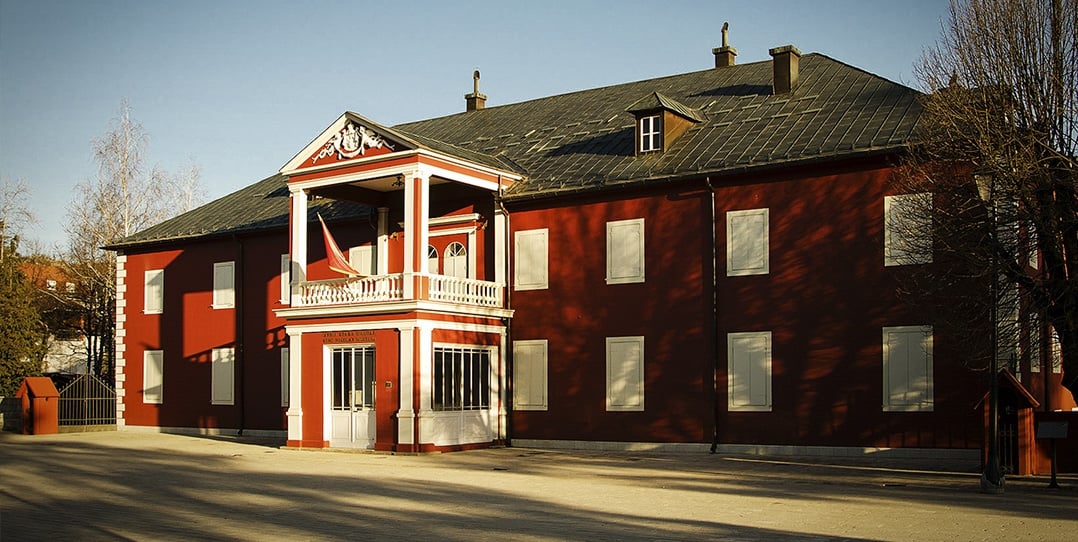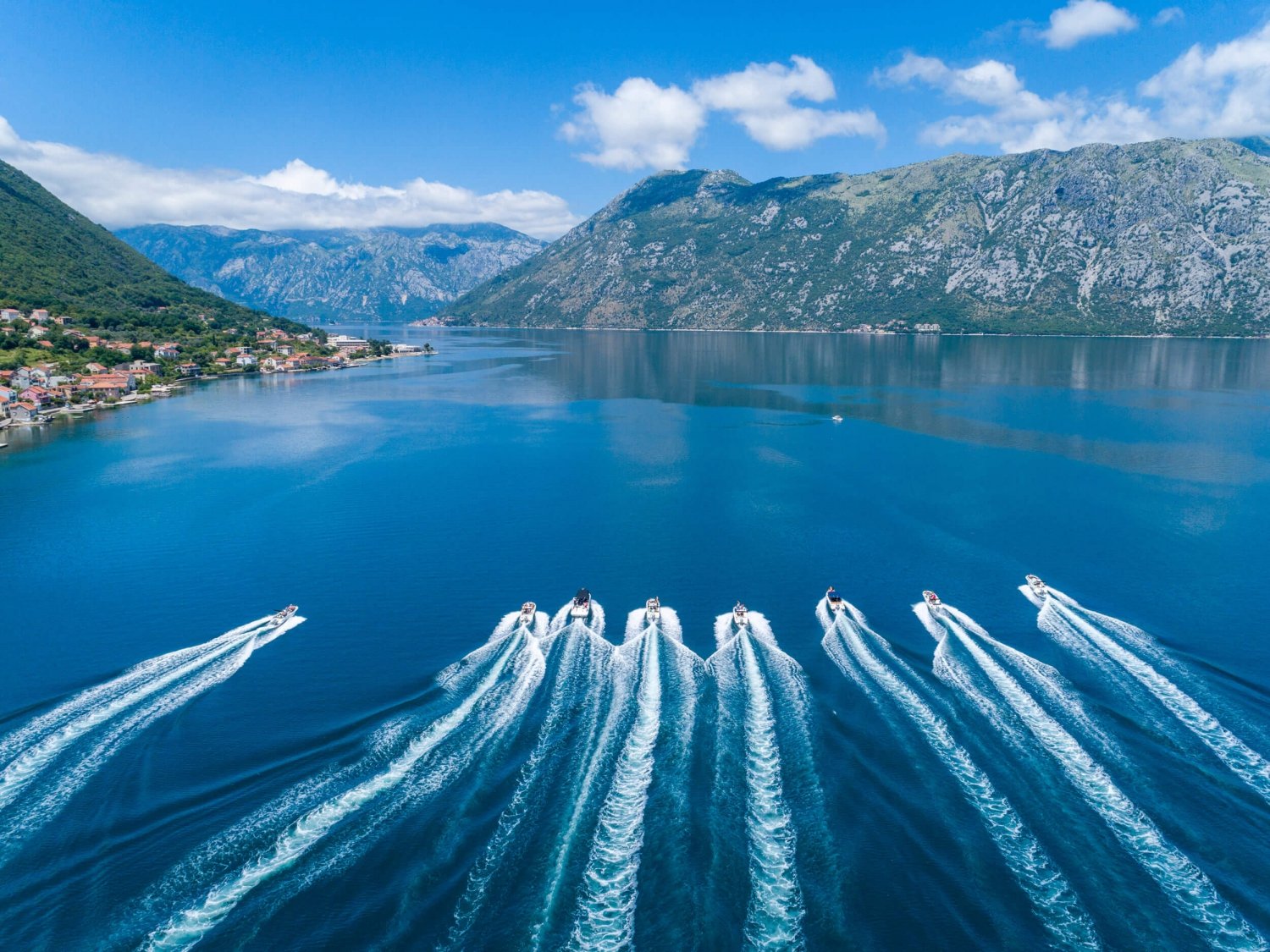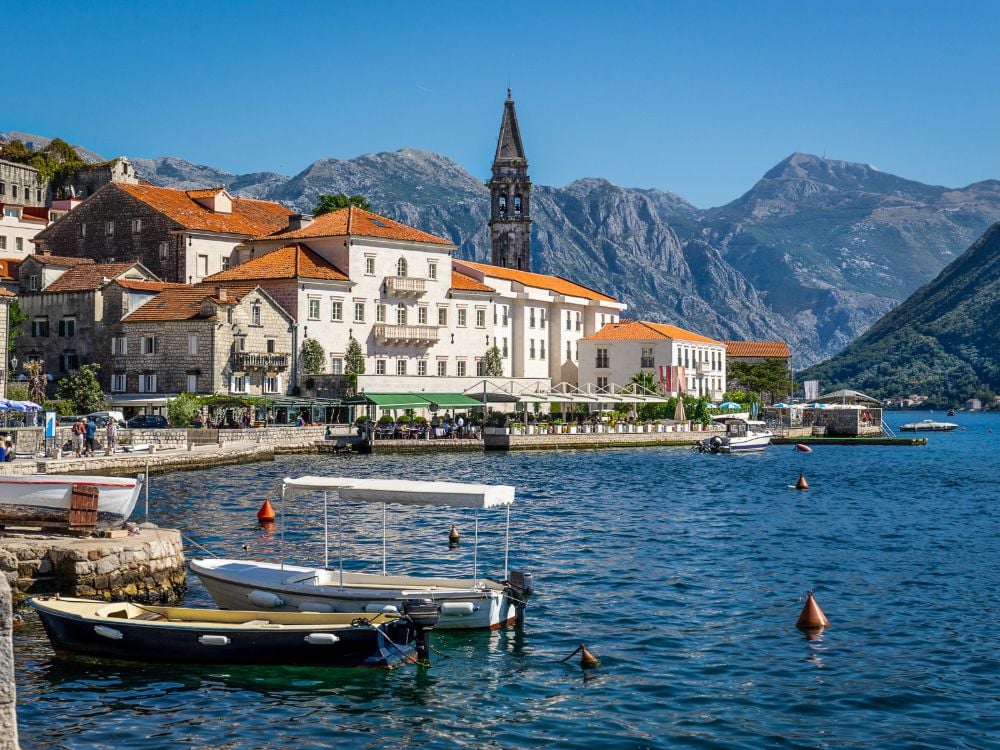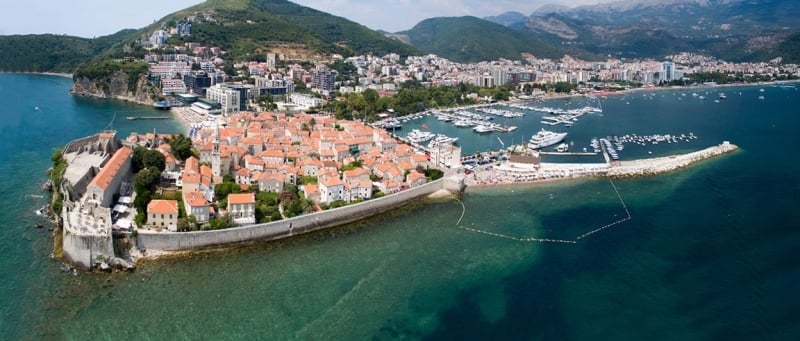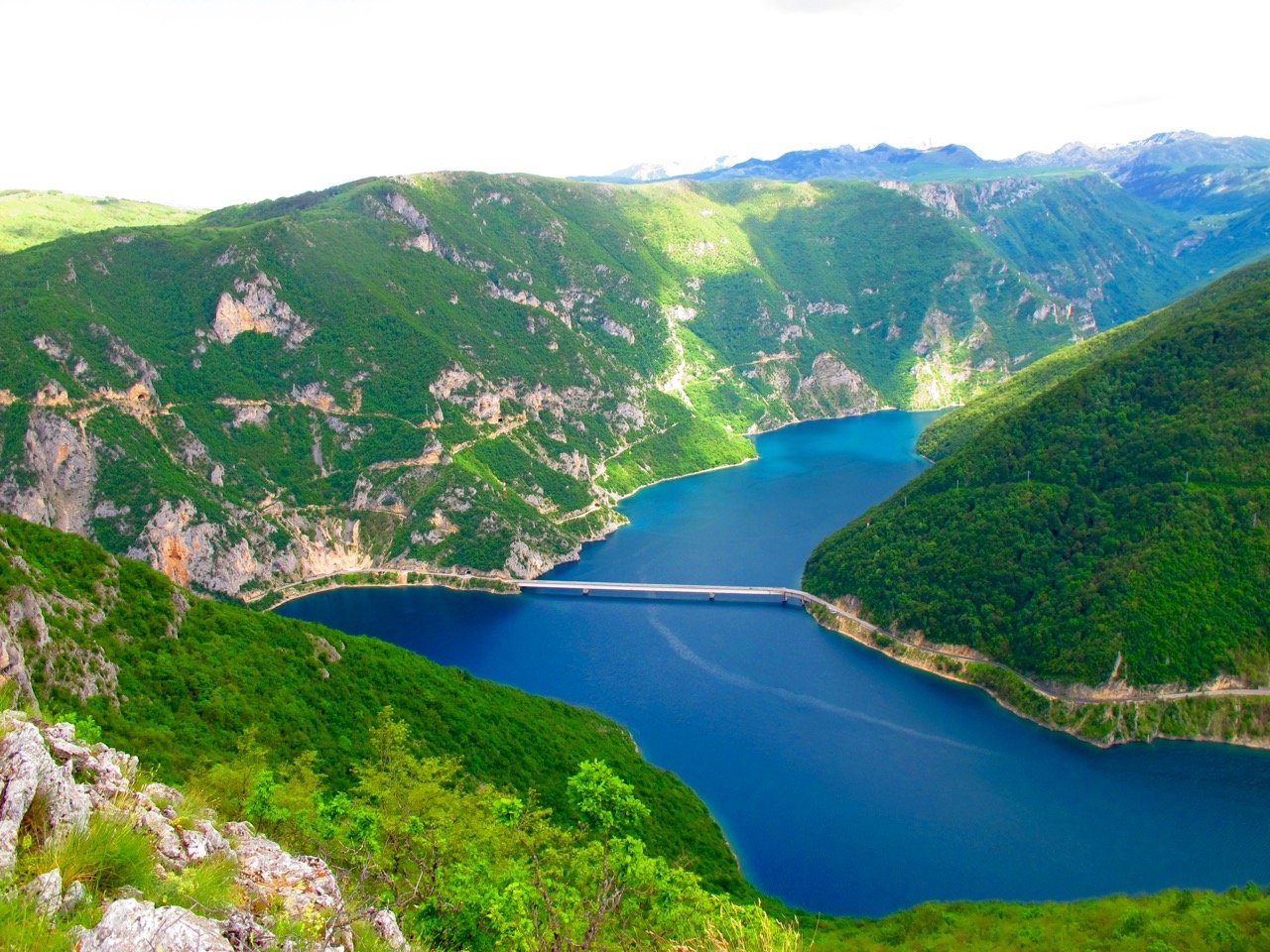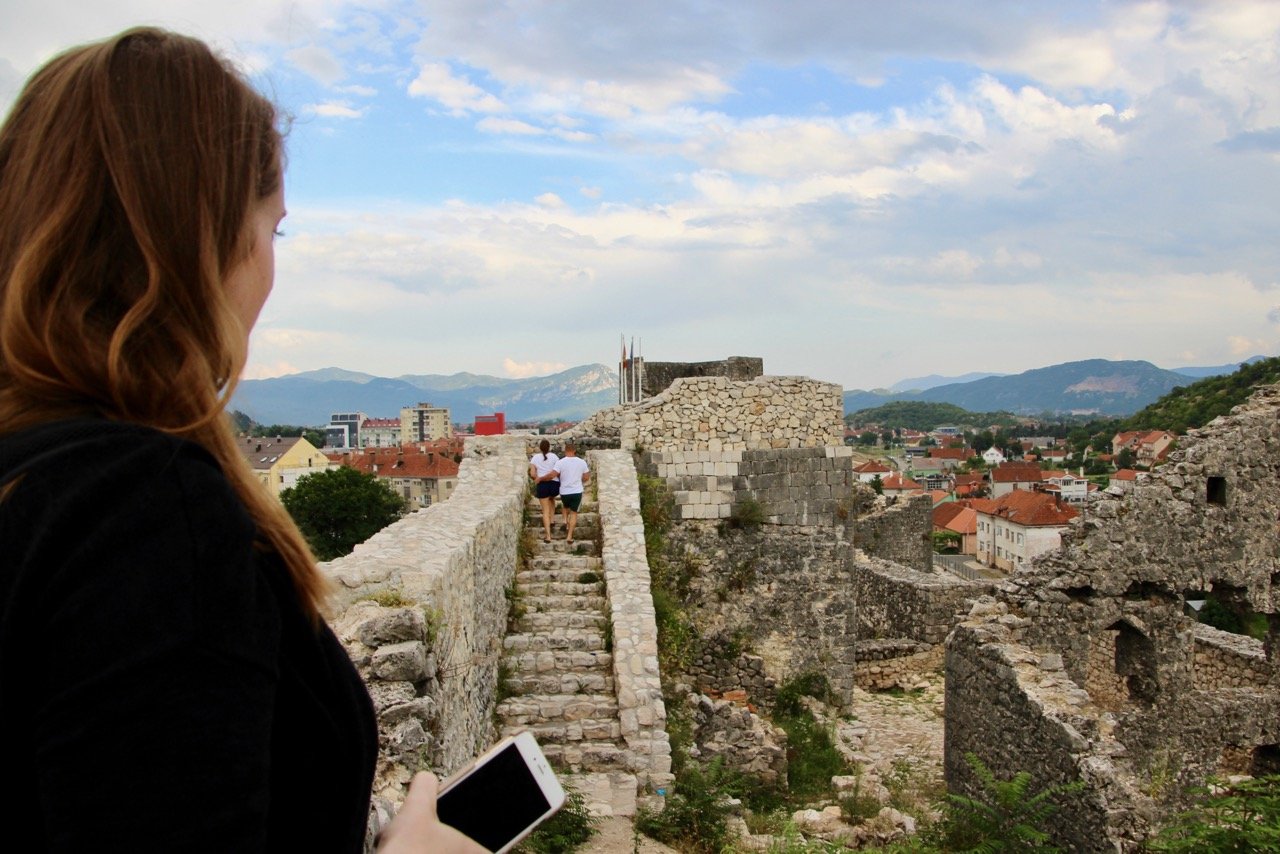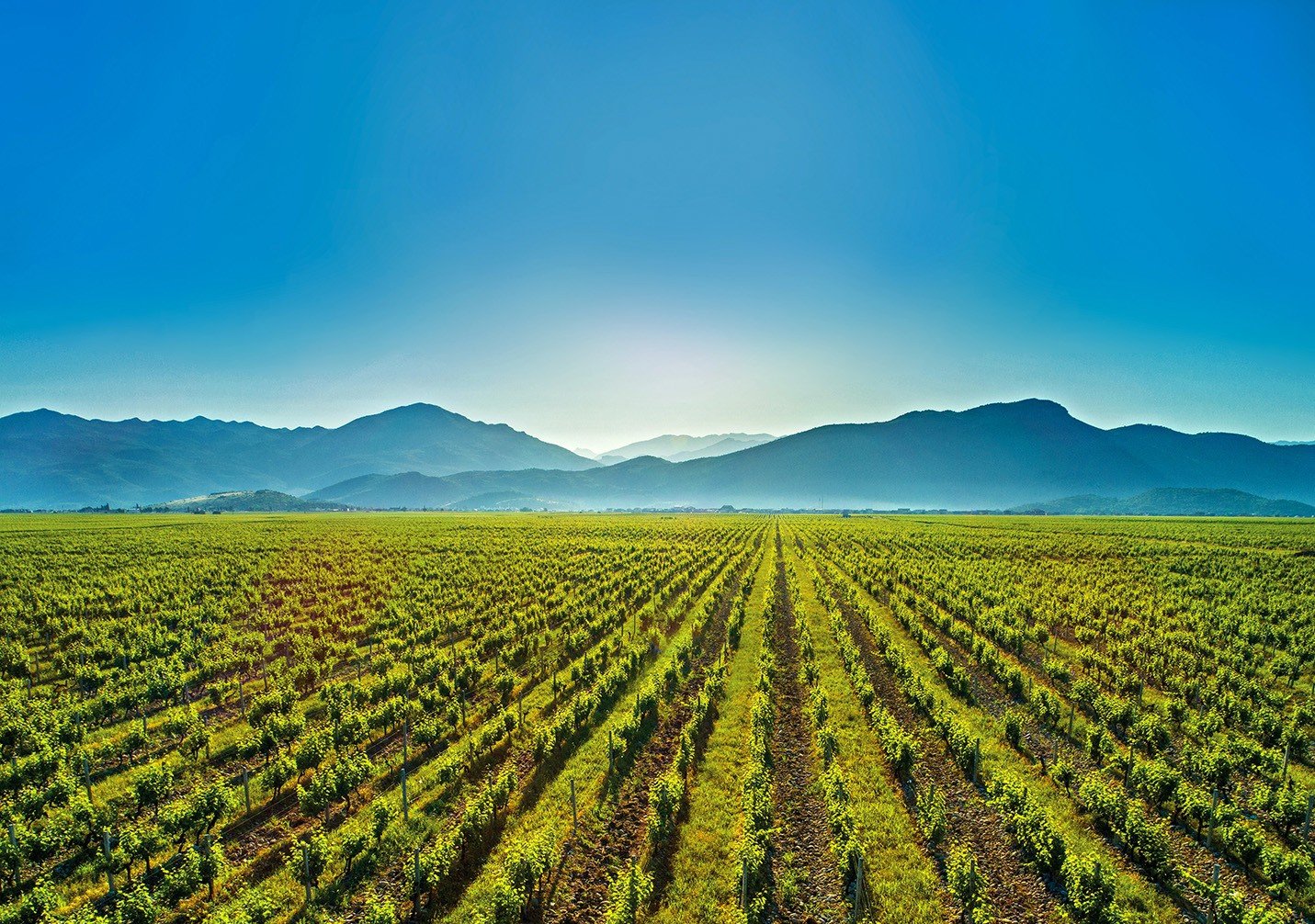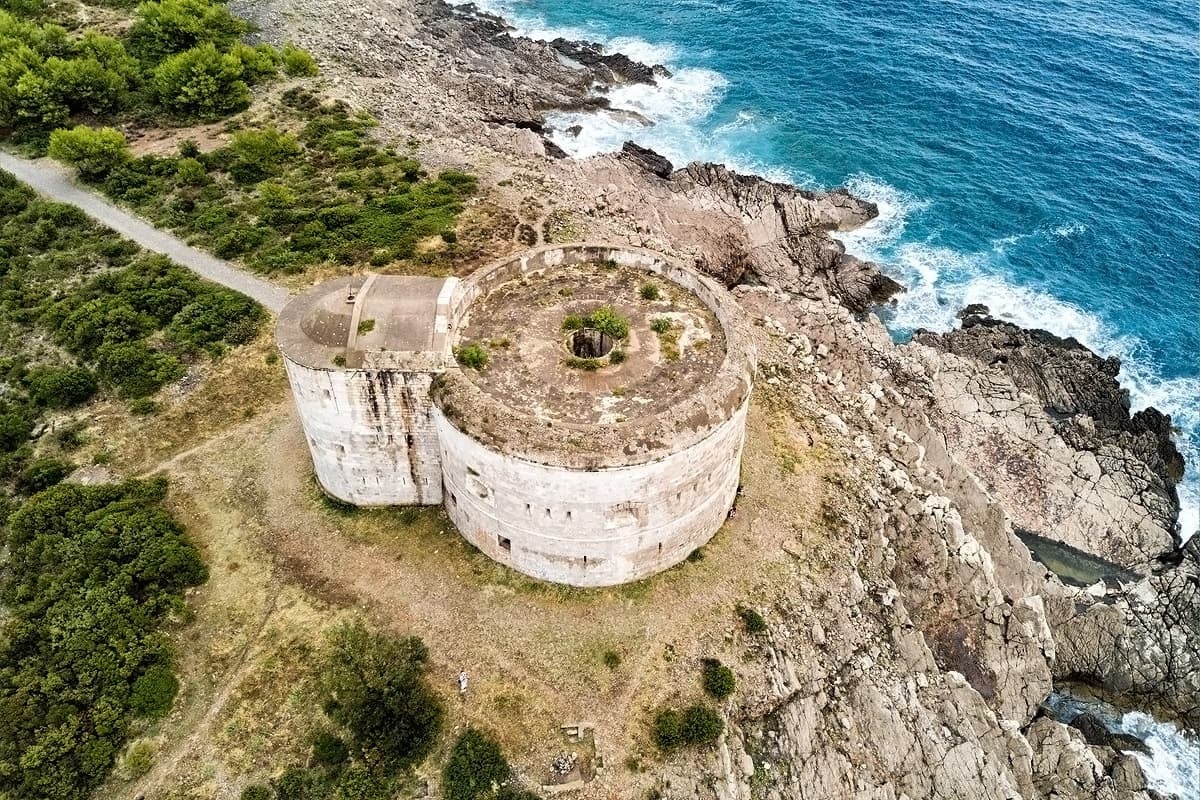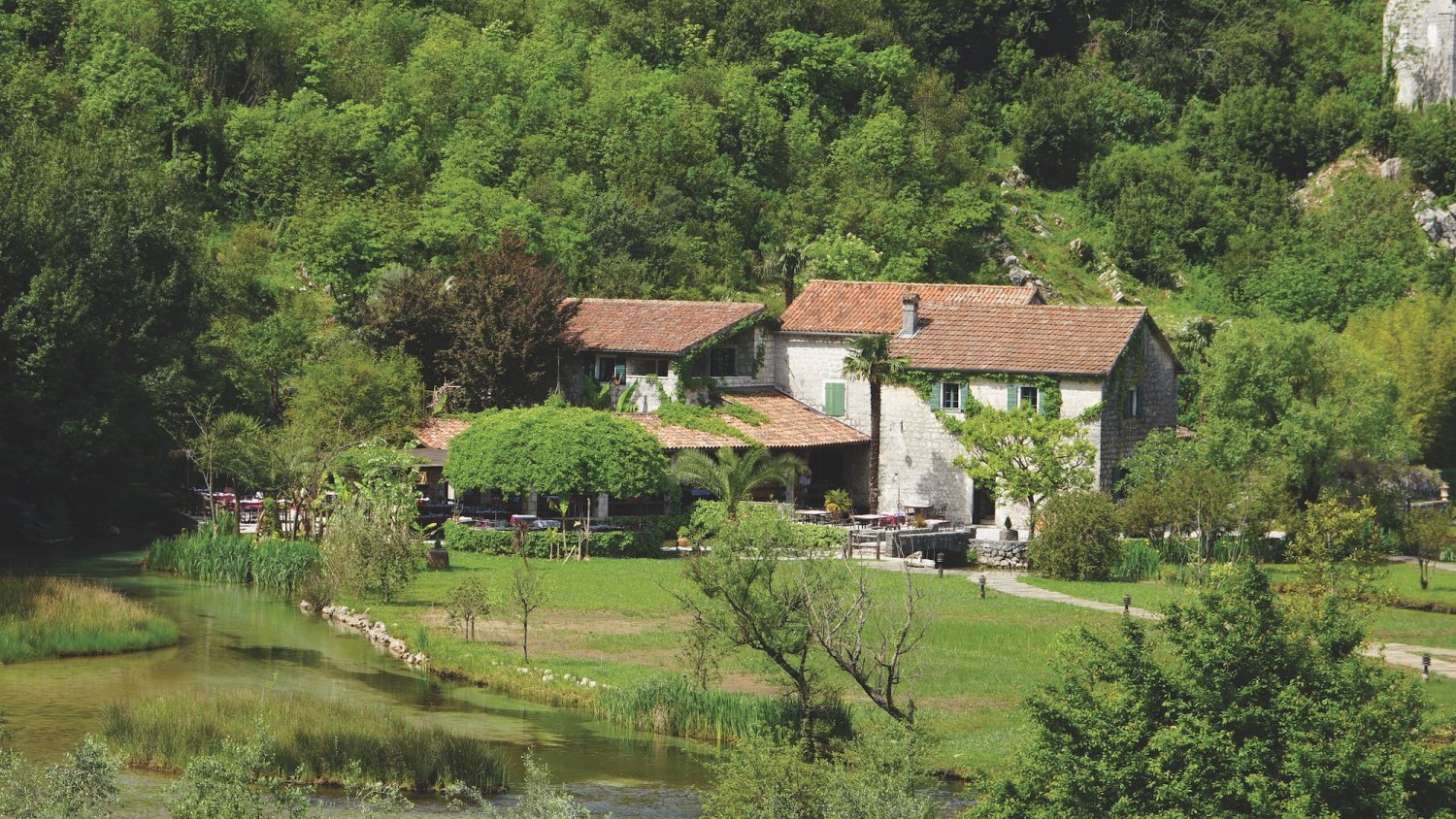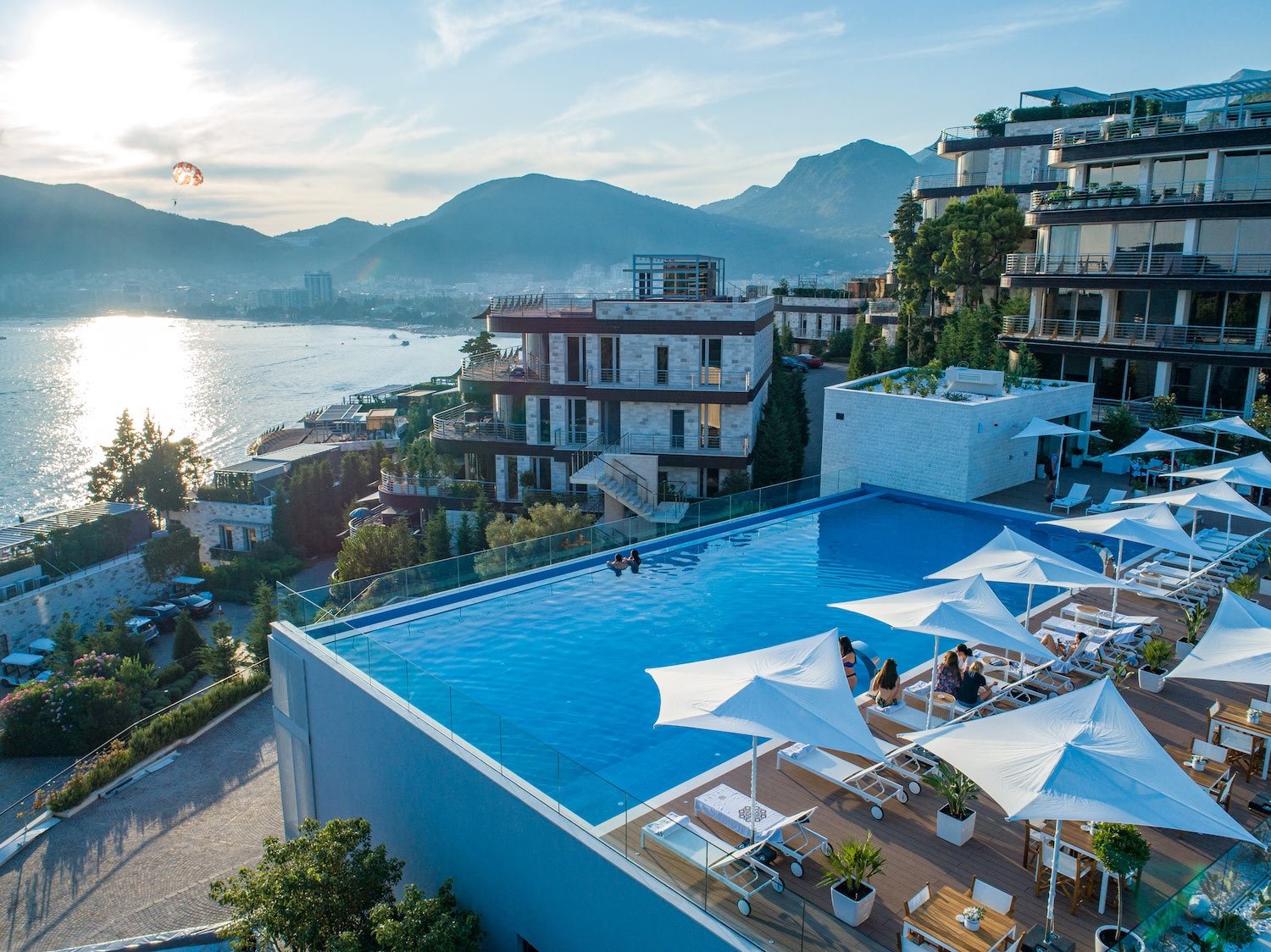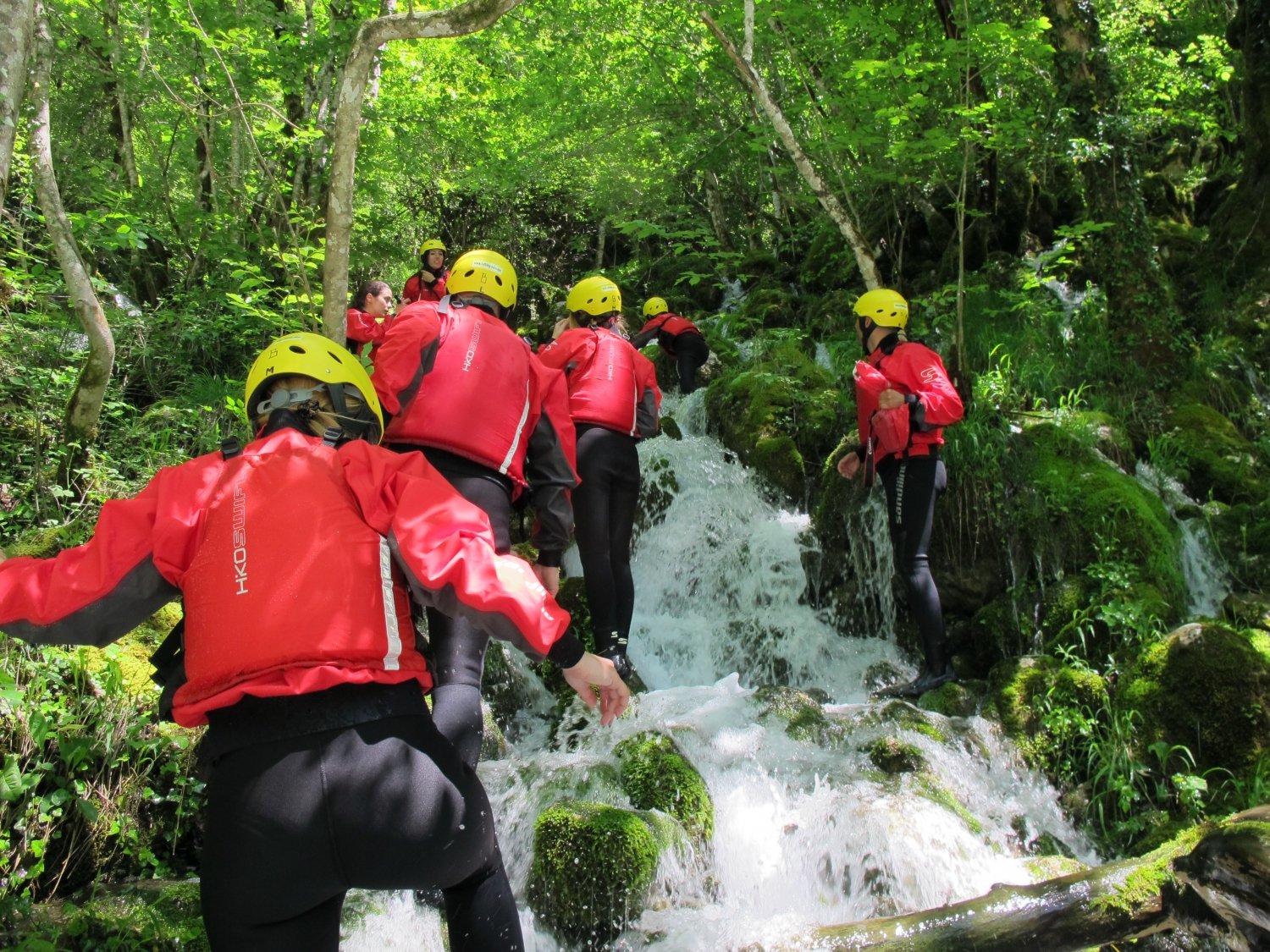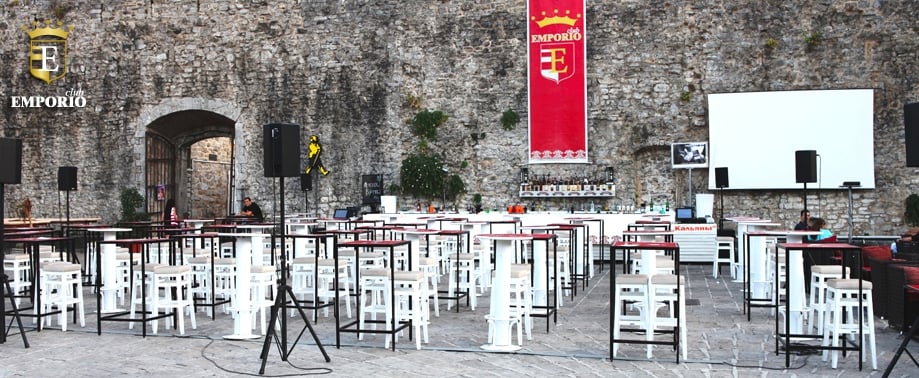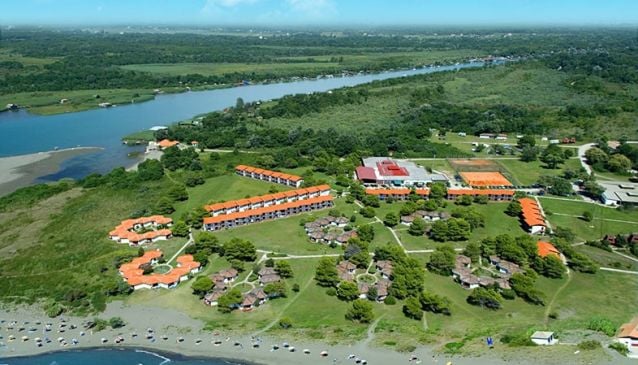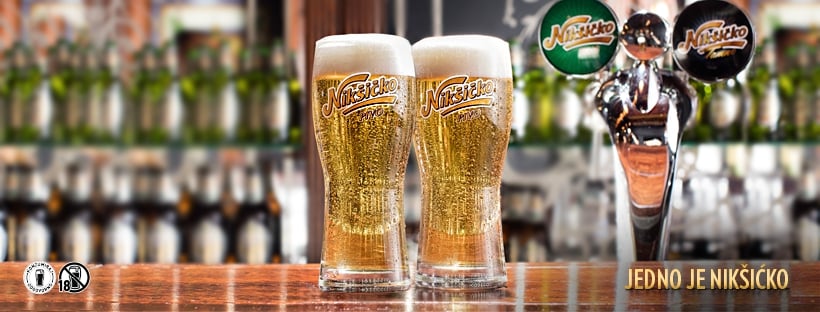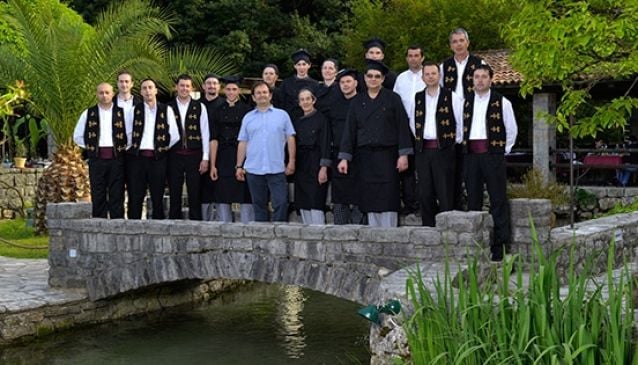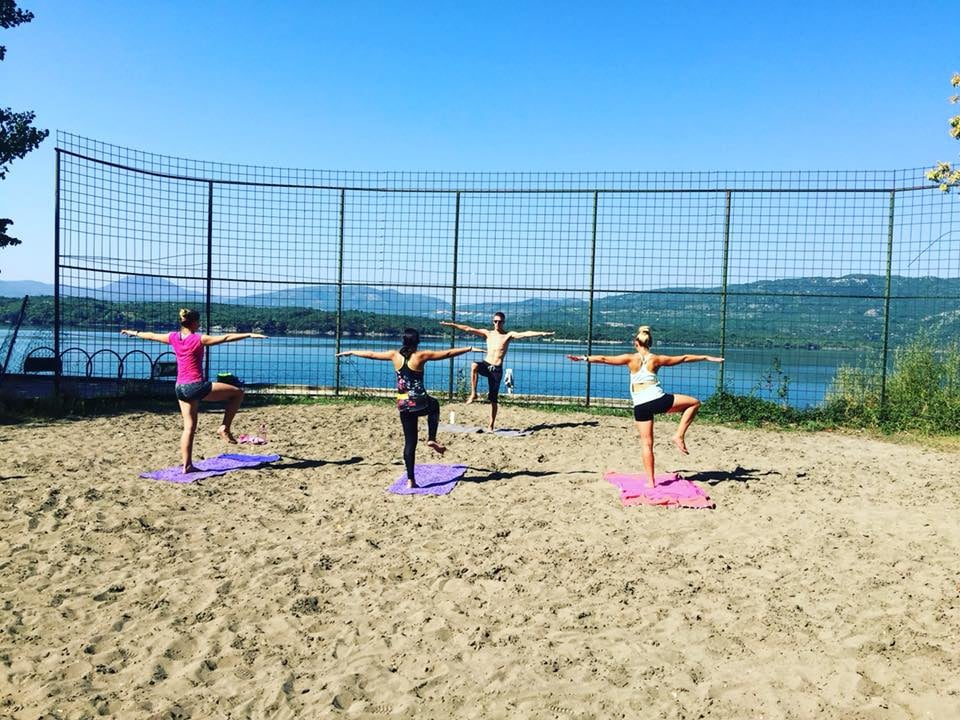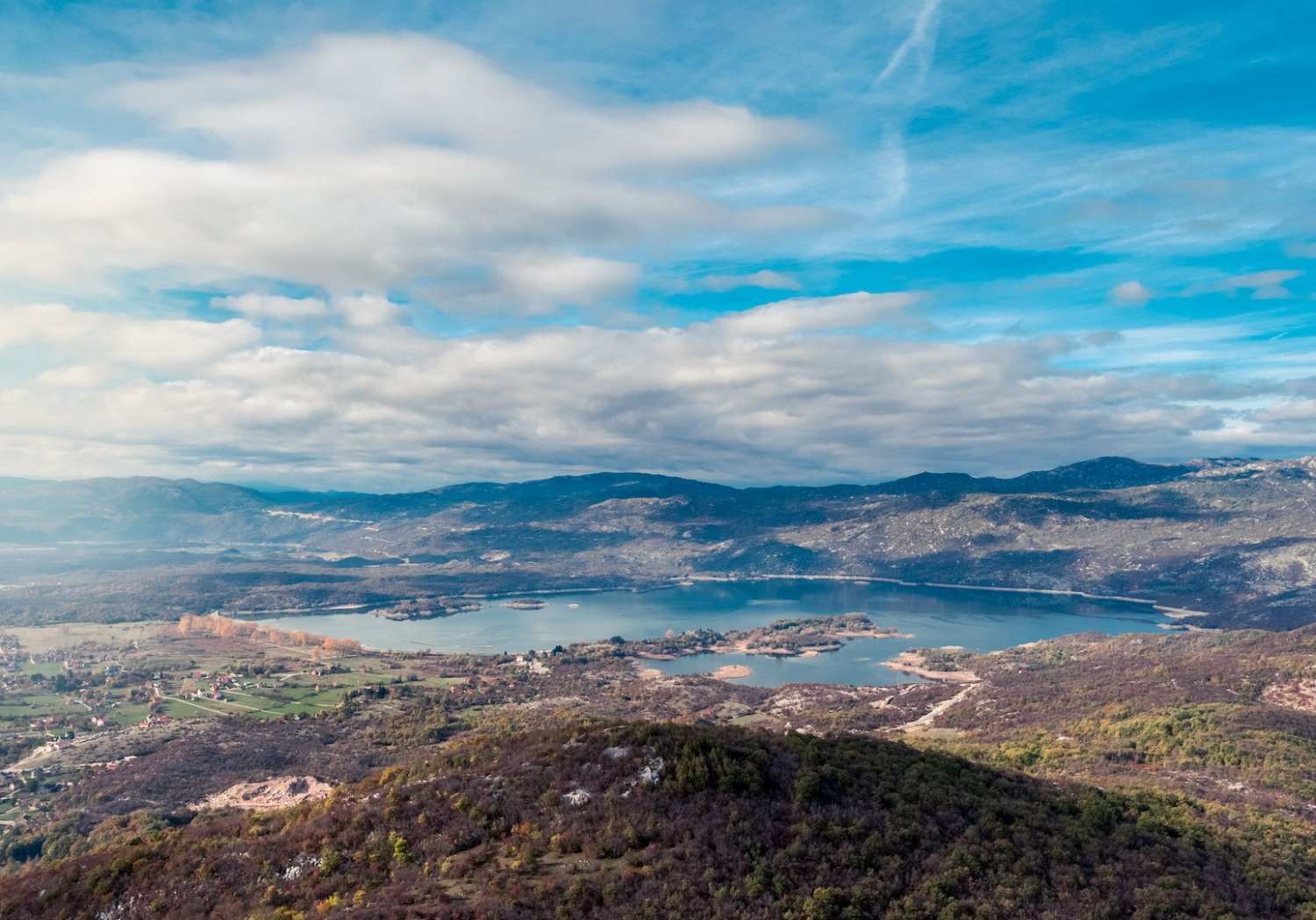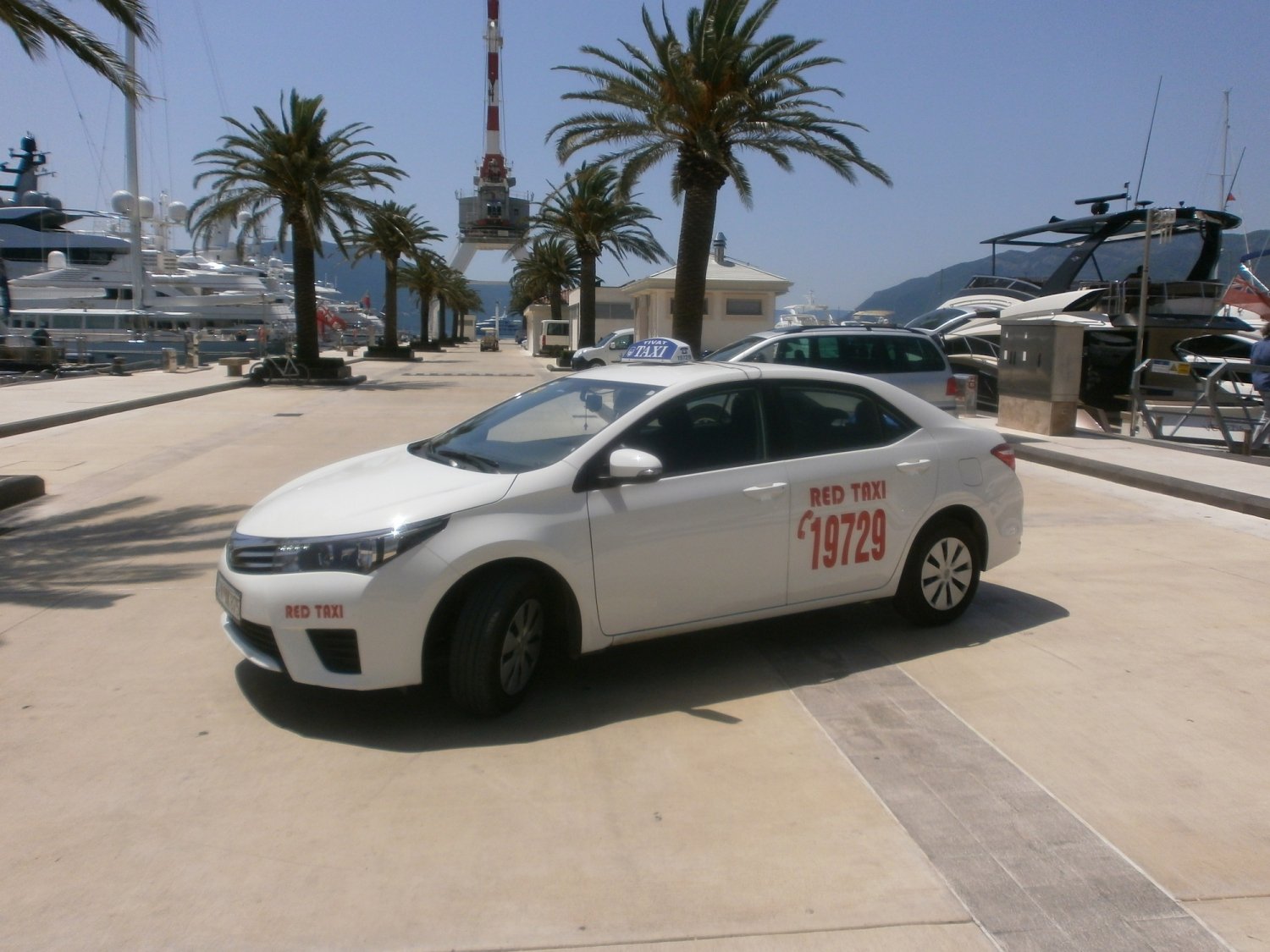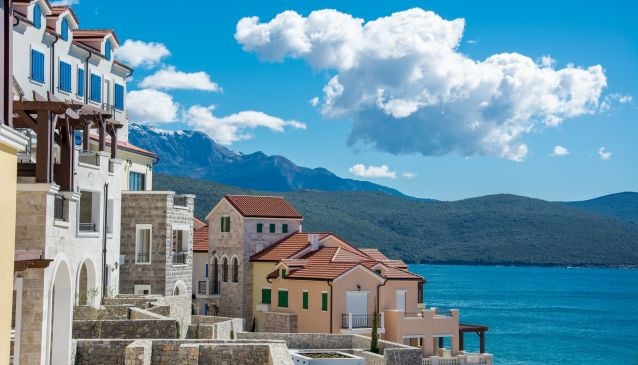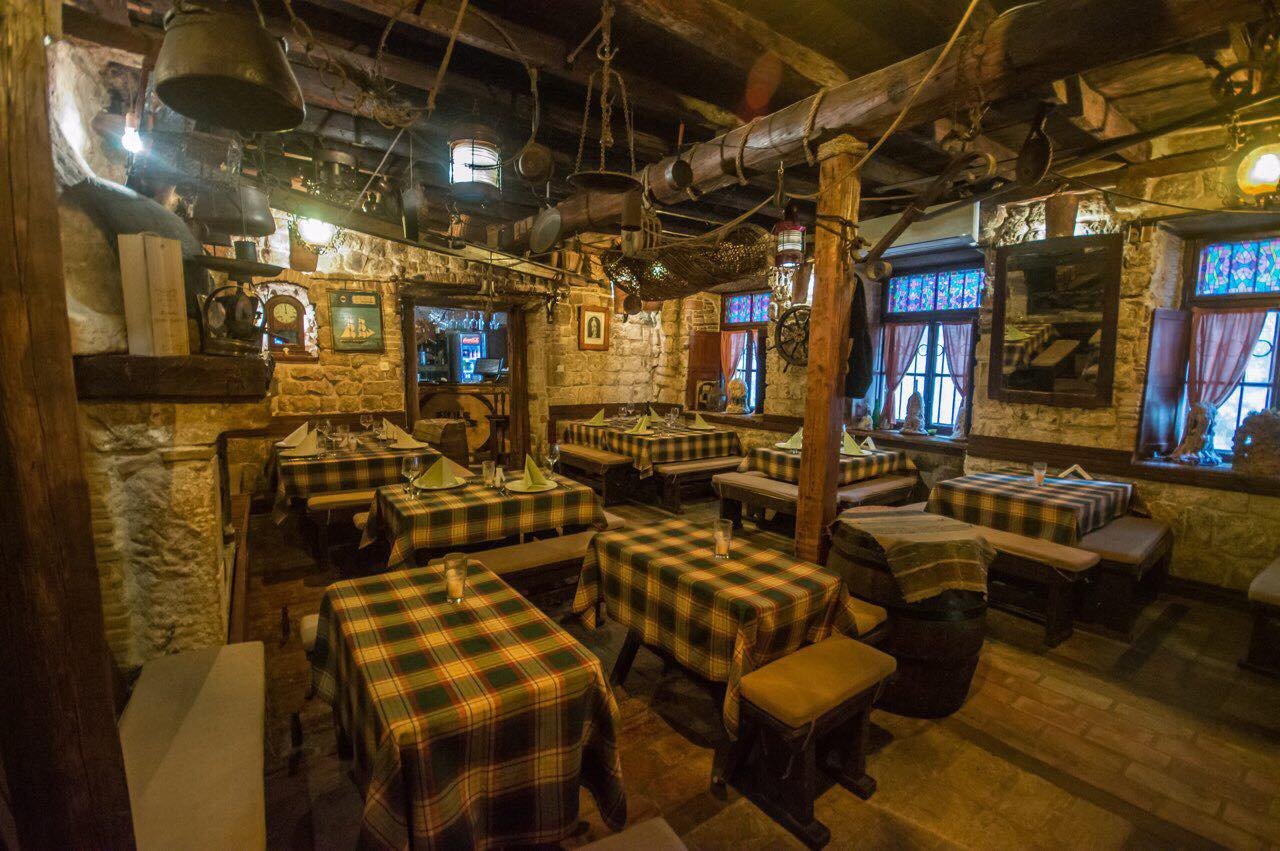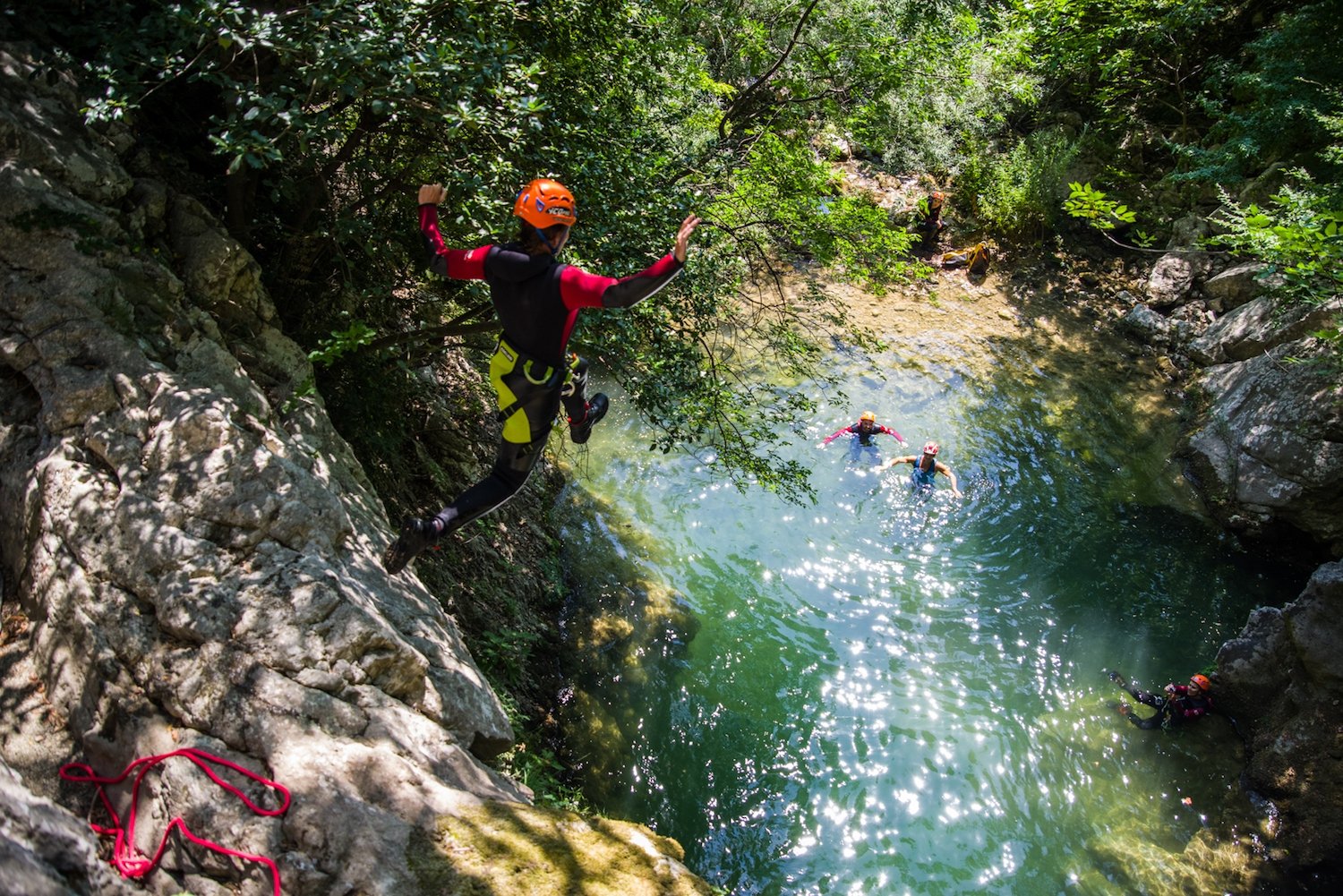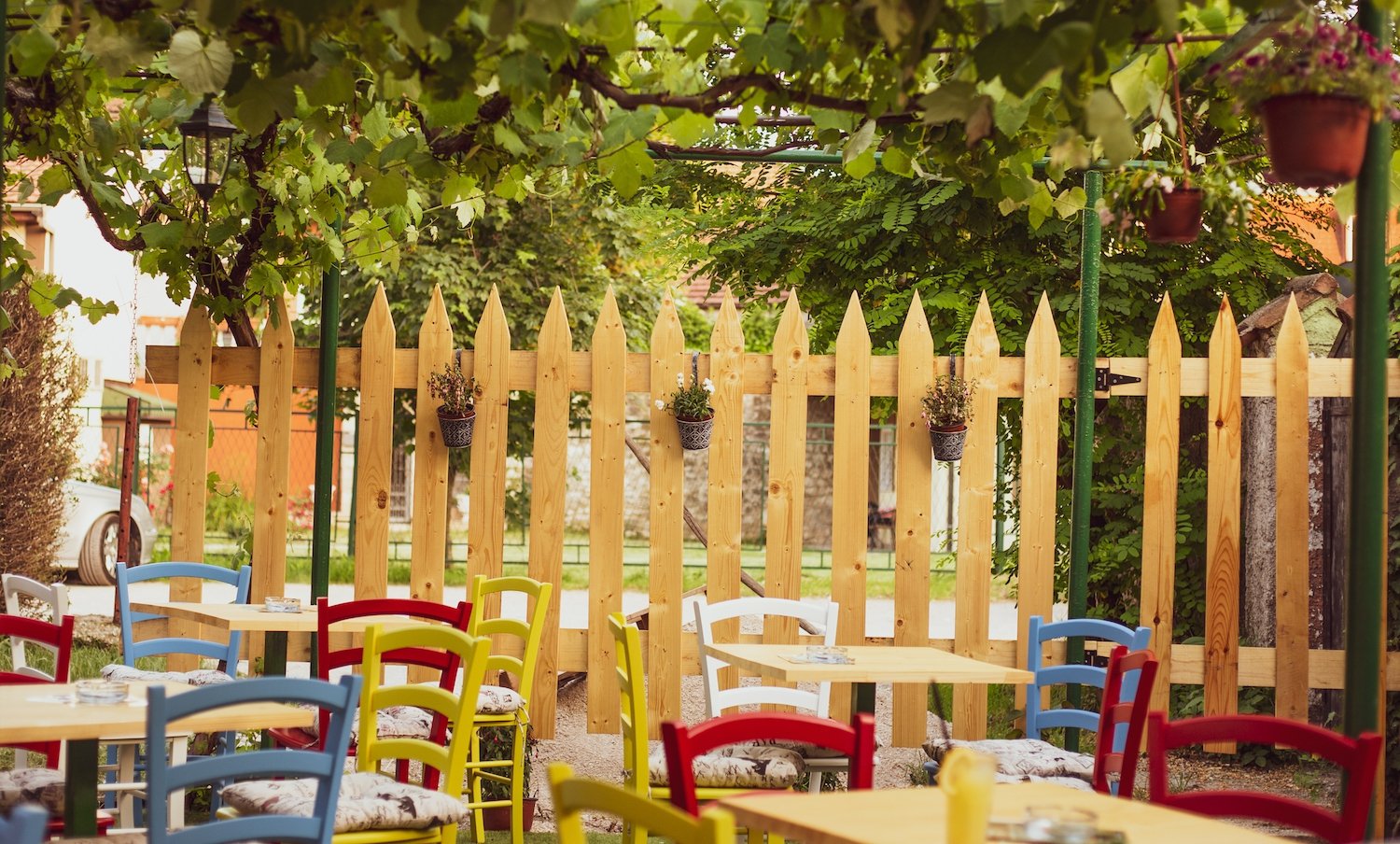The Ecological State of Montenegro
Book Top Experiences and Tours in Montenegro:
If youʻre booking your trip to Montenegro last minute, we have you covered. Below are some of the top tours and experiences!- Virpazar: Lake Skadar Private Wildlife Cruise & Wine Tasting
- Lake Skadar: Guided Panoramic Boat Tour to Kom Monastery
- Montenegro: Durmitor, Tara & Ostrog Monastery Day Trip
- From Kotor, Budva, Tivat or Herceg Novi: Boka Bay Day Cruise
- Great Montenegro tour Kotor & Budva Old Towns & Skadar Lake
DECLARATION ON THE ECOLOGICAL STATE OF MONTENEGRO
âWe, the deputies of the Republic of Montenegro, are aware that, due to the endangerment of nature, the protection of the identity of the space in which we live and work has become our urgent and timely work.
Aware of the debt to nature, the source of our health and the inspiration of our freedom and culture, we dedicate ourselves to its protection in the name of our survival and the future of our offspring.
We accept that no difference between us is as great as the great changes to which our natural environment is exposed. Regardless of our national, religious, political and other beliefs, we know and accept that the dignity and sanctity of the human being are organically linked to the sanctity and purity of nature.
Man and nature in and around him are one in their depths and, both in their meaning and purpose. Hence, the abuse of man has always been accompanied by the abuse of nature. That is why, by opting for and fighting for the dignity of man, we are called to fight for the dignity of nature as well.
By adopting this declaration, Montenegro is establishing a state relationship with nature and calls on the wisdom of all people to prevent the ecological catastrophe that threatens us.â
September 20, 1991
***
Parliament of the Republic of Montenegro
Adopting the Declaration on the ecological state on September 20, 1991, in the northern town of Žabljak, Montenegro became the first ecological state in the world. Amid the turbulent events happening in the region at the time, Montenegro addressed preserving the environment as one of the rising issues, which should be dealt with increased public awareness. This Declaration became part of the Montenegrin Constitution the following year when Montenegro was defined as a "democratic, social and ecological state," and the document was presented at the UN conference on environmental protection.
This document recognised the great potentials of Montenegro on the principles of ecological state and sustainable development, such as tourism; energy; agriculture; mineral resources; forestry development; construction, transport, and technology; as well as cultural-historical and architectural heritage.
Geographical position, climatic conditions, and characteristics of the natural resources and their distribution make Montenegro an exceptionally nature-rich European country in many ways. Its forest and water resources, including the sea and approximately 300 km of coastline, are among the most important natural resources at its disposal. The territory of Montenegro abounds in great species, ecosystems and regional diversity; besides, the area of the Adriatic Sea is characterised by floristic-faunal wealth, whose special value is represented by both the Bay of Kotor and the rugged coastline.
The relief is very diverse and attractive for tourist valorisation and activities based on nature values with 8 attractive canyons, lakes, rivers, mountains, 5 national parks, and with 3,500 speleological objects. The share of nationally protected nature areas in the territory of the state is 9.047% and mainly refers to 5 national parks: Biogradska Gora, LovÄen, Skadar Lake, Durmitor, and Prokletije. A significant part of the territory is internationally protected, as exceptional natural and cultural values (Kotor and Boka Bay; Durmitor), or as part of the Ramsar Convention on Wetlands (Skadar Lake). Water potentials are one of the basic development potentials of Montenegro, as it has a large water wealth. The sea is also a valuable resource due to its characteristics, as a basis for the development of tourism, transport, fisheries, etc.
The adoption of the Declaration on the Ecological State of Montenegro was widely accepted by the citizens of Montenegro. They are aware of the exceptional natural and cultural values of Montenegro and support activities that lead to the protection, improvement and valorisation of its values. In the past 30 years, a large number of non-governmental and other civil society organisations, both on local and state levels have been formed, whose primary task is environmental care, education, as well as engagement in various areas of control, protection and improvement of the environmental values, as well as natural and cultural heritage.
Informal group oÄistiME even started a petition with a great success, with over 7000 signature and they are waiting for the formal response from the Ministry in regards of the single-use plastic ban and deposit scheme introduction.
This is exactly one of the reasons, why Montenegro has for years carried the epithet of a hidden Mediterranean gem, which seeks to become one of Europe's favourite tourist destinations. We suggest that Montenegro should be on your list as one of the first post-COVID19 tourist destinations.




